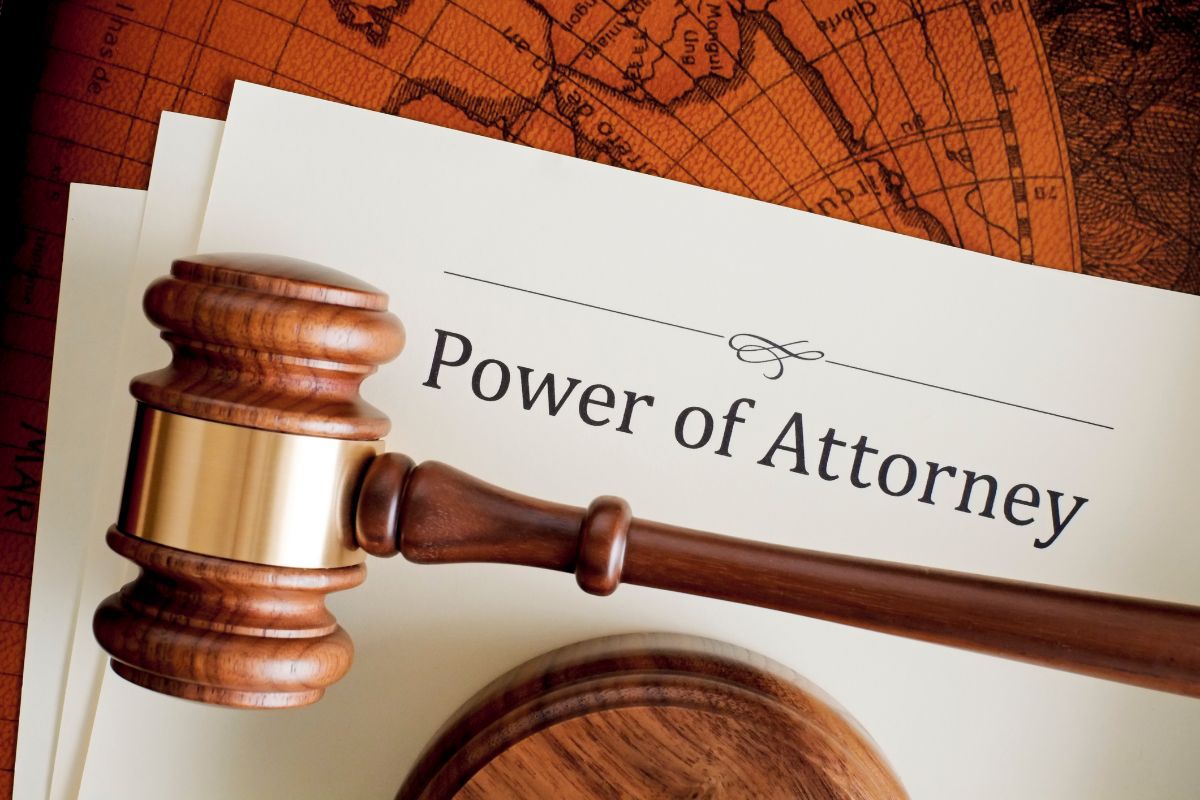Our closest relationships are often with family members. But family relationships can also be our most complicated. Aging parents may begin to rely on one of their children more than the others, which could create dissension. At some point, the parent might sign a power of attorney naming that child as their agent. However, what does this mean for other family members? Can a sibling with a power of attorney isolate their parents? To answer these questions, you need to understand how a power of attorney works. In other words, what is your sibling allowed to do as an agent for your parents? By understanding this, you will know when your sibling has overstepped their powers.
A Pennsylvania Power of Attorney
Generally, a power of attorney allows one person (the “principal”) to name someone else (the “agent”) to act on their behalf. The powers granted can be very limited or very broad. Sometimes couples will sign broad powers of attorney that allow their spouses almost unfettered powers. On the other hand, you might name someone to handle your financial affairs if you will be traveling for several months.
Anyone, even a sibling, with a power of attorney takes on great powers over the principal’s affairs. However, as a wise person once said, with great powers come great responsibilities.
The Agent’s Responsibilities
Specifically, agents may have the authority to:
- Create or change trusts,
- Give gifts,
- Change rights of survivorship and beneficiary designations,
- Exercise the principal’s fiduciary powers, and
- Have access to the principal’s electronic communications and digital assets.
In Pennsylvania, all powers of attorney must include a notice that explains the powers being given to the person acting as an agent. For example, your agent must:
- Exercise powers using “due care to act for your behalf,”
- Act in good faith while complying with your known reasonable expectations, and
- “…act only within the scope of authority granted by you in the power of attorney.”
In the case of a child acting as an agent for a parent, the child can only do what is allowed by the power of attorney. Again, a general power of attorney covers matters related to the principal’s property and finances. Other matters do not fall under their authority.
For example, an agent might handle an incapacitated person’s financial accounts, pay their bills, and sell their property if necessary. However, medical decisions for the principal fall outside their authority. A power of attorney for health care grants that type of authority. Likewise, an adult child with a power of attorney is not empowered to decide who can and cannot see their parents.
How to Prevent Power of Attorney Abuse
With some advance planning and the help of an attorney, you might eliminate or at least minimize future problems.
Remember that the law does not require you to choose one of your children to act as your agent. Sometimes it’s better to name someone else, as long as you can trust that person to carry out your wishes.
Consider your family dynamics before preparing a power of attorney. If your children already don’t communicate well with each other, naming one as your agent could make the situation worse. Your other children may find it increasingly difficult to reach you if a power-hungry sibling decides to block access.
Call to Learn More About Handling a Sibling with a Power of Attorney.
We usually hope that family disagreements work themselves out amicably. However, this is not always the case. If you find yourself unable to reach your parent because of a sibling with a power of attorney, please understand that you have options. It’s critical to quickly discuss your situation with an attorney before things get completely out of hand.
Attorney Robert Slutsky was one of the first lawyers in Pennsylvania to focus on elder law issues, including Medicaid. Since 1992, he has helped countless people find solutions that work for their individual situations.
Please give us a call at (610) 940-0650 or schedule a consultation on our website. We help clients throughout Chester, Delaware, Montgomery, Bucks, and Philadelphia Counties and beyond.
For a listing of skilled nursing and rehabilitation facilities, please check out our Chester County PA Elder Law Directory and Senior Guide online at:

